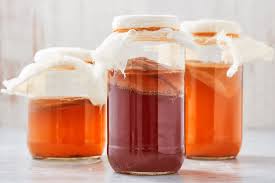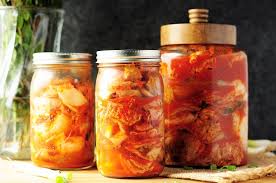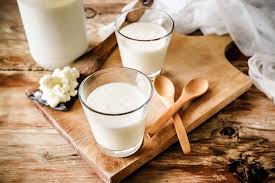By Sophia Zhu
“Superfood” isn’t a scientific term, but you’ve probably been hearing this word used to describe foods that are packed with nutrients or offer special health benefits. Some of the early well-known superfoods include quinoa, avocado, and goji berries. As the food scene becomes increasingly global and progress is made in technology and agriculture infrastructure, more superfoods will be emerging and making it to your dinner table!
Here are a few of the most interesting and bizarre superfoods in 2019.
The Beyond Burger
Not all veggie burgers are created equal. Decades of testing have proven that it’s quite difficult to replicate the texture and umami-flavor of a real burger patty in a way that can satisfy both the proudest carnivores and principled vegetarians. The Beyond Burger, created by BeyondMeat Labs, calls itself “The Future of Protein” - and it just might be. When beef requires more than 1,800 times its weight in water to produce (Huffington Post), finding a sustainable plant-based protein is an important part of living in an eco-friendly world. Next time you’re at the meat aisle at the grocery store, give the Beyond Burger a try!

Fermentation
Turns out there’s a whole new world of nutrition if you seal food in an airtight jar and leave it for at least a couple of days. The process of fermentation is an ancient method, but has been growing in popularity as preserved products become more accessible around the globe. These products include kombucha, a fermented tea drink, to kimchi, Korean pickled cabbage, to kefir, a Mediterranean yogurt drink. These are typically packed with probiotics - living microorganisms that help out your body’s natural processes (Forbes), and they’re a huge superfood trend on the rise.
Kombucha (left), Kimchi (center), Kefir (right)
Plant powders
Maca from Incan Peru, spirulina from the Aztecs in Mexico, Matcha from Zen Japan; civilizations all around the globe have been using plant powders for hundreds of years. Now, the resurgence of plant powders as nutritional supplements is spreading, carrying these greens from their indigenous origins to globalized markets abroad. From a traditional standpoint, they’re highly regarded for their medicinal or cultural qualities. However, now we’re also learning about the science-based benefits - they’re packed with nutrients like fiber, iron, vitamins A, B, E and much more.
Maca powder (left), Spirulina powder (center), Matcha powder (right)
Sources:
Editor: Caitlin Quinn









Commentaires